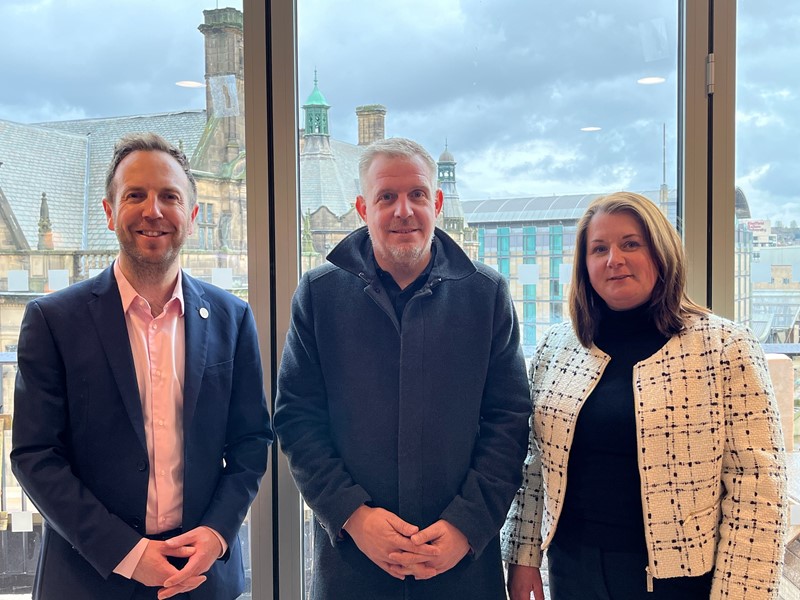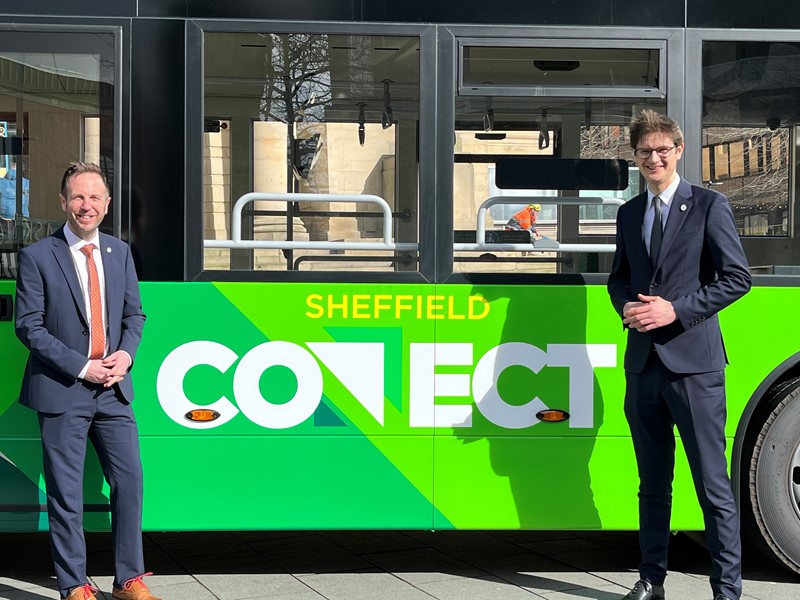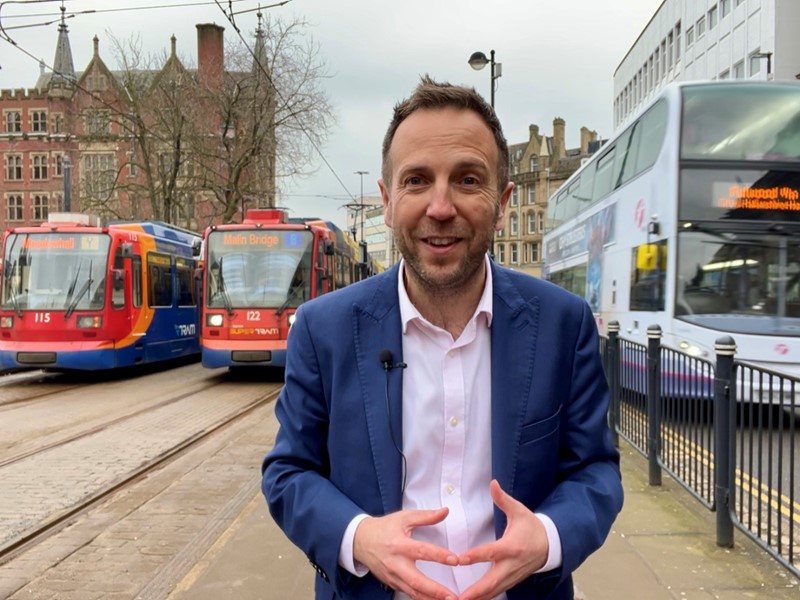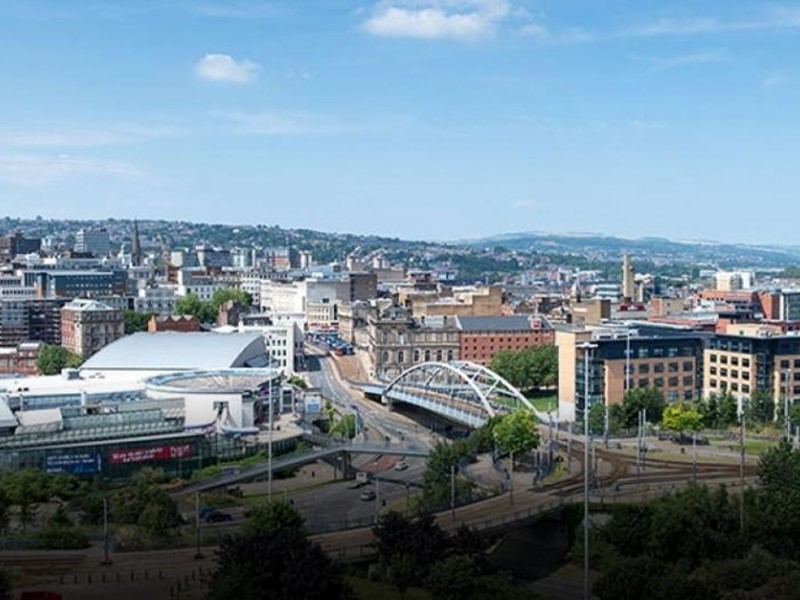Sheffield City Centre’s flagship Radisson Blu hotel, which boasts 154 rooms and a rooftop bar and restaurant, is due to open this Summer with booking available next week.
Council calls for climate Government help as report shows progress in key areas
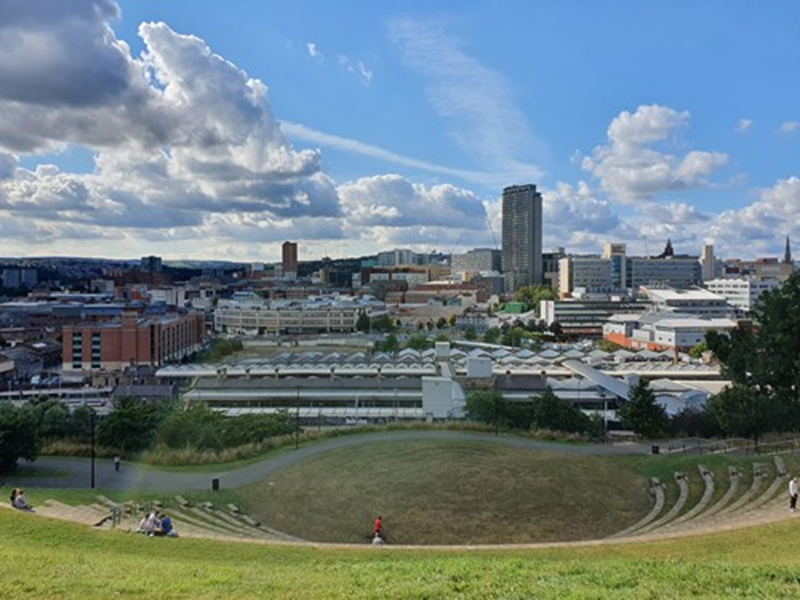
Sheffield City Council and the city itself are making progress against targets to reduce emissions locally, as outlined in the first annual Climate Progress Report, and the Council has restated its ambition to working towards reduce emissions to net zero by 2030.
The report, which is due to go before the Transport, Regeneration and Climate Committee on Monday 11 December, highlights the scale of the challenge facing the city and the council, and the key areas where the local authority has been working, in partnership with other organisations in the city, in the region and nationally.
Action to help the city to move towards a net zero future and to adapt to climate change includes:
- Drawing in millions of pounds of funding and making it easier for residents to access grants and support to help improve the energy efficiency of their homes, particularly those on low incomes and with health conditions affected by the cold.
- Almost £4.5m for businesses and community and cultural organisations to reduce their emissions and save money on energy.
- Transport improvements to make it safer for people to travel sustainably and healthily; including School Streets to make it safer for children travelling to and from school and to reduce pollution around schools.
- Taking part in a Government pilot to explore the potential for expanding our district heat network to provide affordable and low carbon heat for homes and businesses.
Greenhouse gas emissions in the city have reduced by twelve percent between 2017 and the end of 2021 (the most recent data available) and the council is working with many business and public sector organisations with ambitions to reduce their emissions to net zero.
The Council has also been working to reduce its own emissions. Work includes improvements to our housing stock and buildings, as well as the first council built net zero homes, the continued upgrade of the Council’s vehicle fleet to electric and converting all old streetlighting to bright white LEDs. These changes have resulted in a three percent reduction in emissions in key Council areas between 2019 and the end of 2022, at a time when public sector emissions have remained high nationally.
The activity draws on the Council’s 10-point plan and recently launched route map which outlines the plans to decarbonise the council and the way we travel in the city in response to the global climate emergency.
Cllr Ben Miskell, Chair of the Transport, Regeneration and Climate Committee at Sheffield City Council said: “This first annual climate progress report highlights the great work we have already undertaken to help us achieve our goals. However, we do still have a long way to go to reach our target of net zero emissions by 2030.
“The climate emergency is one of the most significant challenges we face here in Sheffield, and we are committed to delivering change that not only protects the planet but also improves Sheffield’s prosperity, and the health and wellbeing and living standards of local people.”
Cllr Miskell added: “We are committed to continuing to deliver the changes needed to tackle the climate emergency, but to make the progress needed, central Government needs to take the policy and fiscal decisions needed to allow ambitious cities like Sheffield to accelerate their action and benefit from the opportunities for economic growth and levelling up.”
